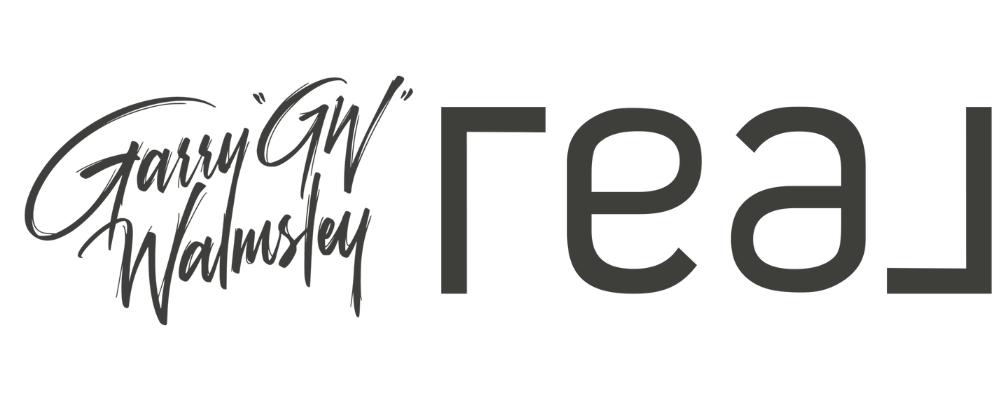After another year of rising home prices and declining inventory across the country, it has become increasingly difficult to find a place to lay your money (and head) with a reasonable expectation of a return on your investment. Sweet spots, nevertheless, are still scattered across the nation. These cities offer a rare combination of better than average job growth and some runway before homes become overpriced--both things anyone looking to make a smart real estate investment should be after.
To find out where you should be house hunting this year, Forbes tapped Local Market Monitor, which tracks more than 300 housing markets. For each market CEO Ingo Winzer (a Forbes contributor) analyzed housing indicators as well as broader growth trends to come up with 20 markets where you can park your money in 2018 and still sleep easy.
If you are looking for a quick flip these may not be the markets for you. These are not necessarily the places where prices will grow the most in the near future. (The three-year price growth forecast for the 20 cities on this list range from 11% for Washington, D.C., to 35% for Orlando.) Rather, these are the places where that growth appears most sustainable over the medium to long term.
“High-growth markets are always attractive,” says Winzer. However, “in a few years today's growth markets may be in over-priced territory. Markets with medium growth can also be a better bet for investors because there's less competition for choice properties and they can buy at a more favorable price.”
Trends
Orlando outperforms: The land of Mickey Mouse and Harry Potter World takes the No. 1 spot this year. Orlando home prices increased 9% in 2017, hitting an average of $247,550. Nevertheless, Local Market Monitor still judges the market as fairly valued and forecasts prices will increase 35% by the start of 2021.
That optimism is thanks in large part to Orlando’s 7.1% job growth over the past two years and 7.6% population growth over the last three. In general, Orlando does well when America at large is doing well, since its economy depends largely on tourism. It also doesn’t hurt that Orlando’s home prices, still dinged by the housing crash, are 22% below the national average.
"Orlando has recovered in the sense that job growth has been strong and home prices are moving up along with income at a healthy pace," observes Garry Walmsley, Senior Global Real Estate Advisor with The Orlando Agency, a Division of Global Real Estate Services. "Home prices are still below the peak of the bubble, so in that narrow sense they haven't recovered". Walmsley also mentions that "Orlando has led the nation for the last 3 years in Job Growth. Job creation in 2017 injected a significant chunk of spending money into the region’s economy with projected direct impact of an additional $2.2 billion in annual payroll added by the growing labor force".
Orlando, Fla.
Average home price: $247,550
3-year population growth: 7.6%
2-year job growth: 7.1%
1-year home price growth: 9%
3-year price growth forecast: 35%
Meanwhile, Orlando is proving itself to be among the most progressive, forward-looking regions in the country, currently completing or planning investments of approximately $15 billion in transportation infrastructure, competitive products and quality of life features.
Sources: Forbes



